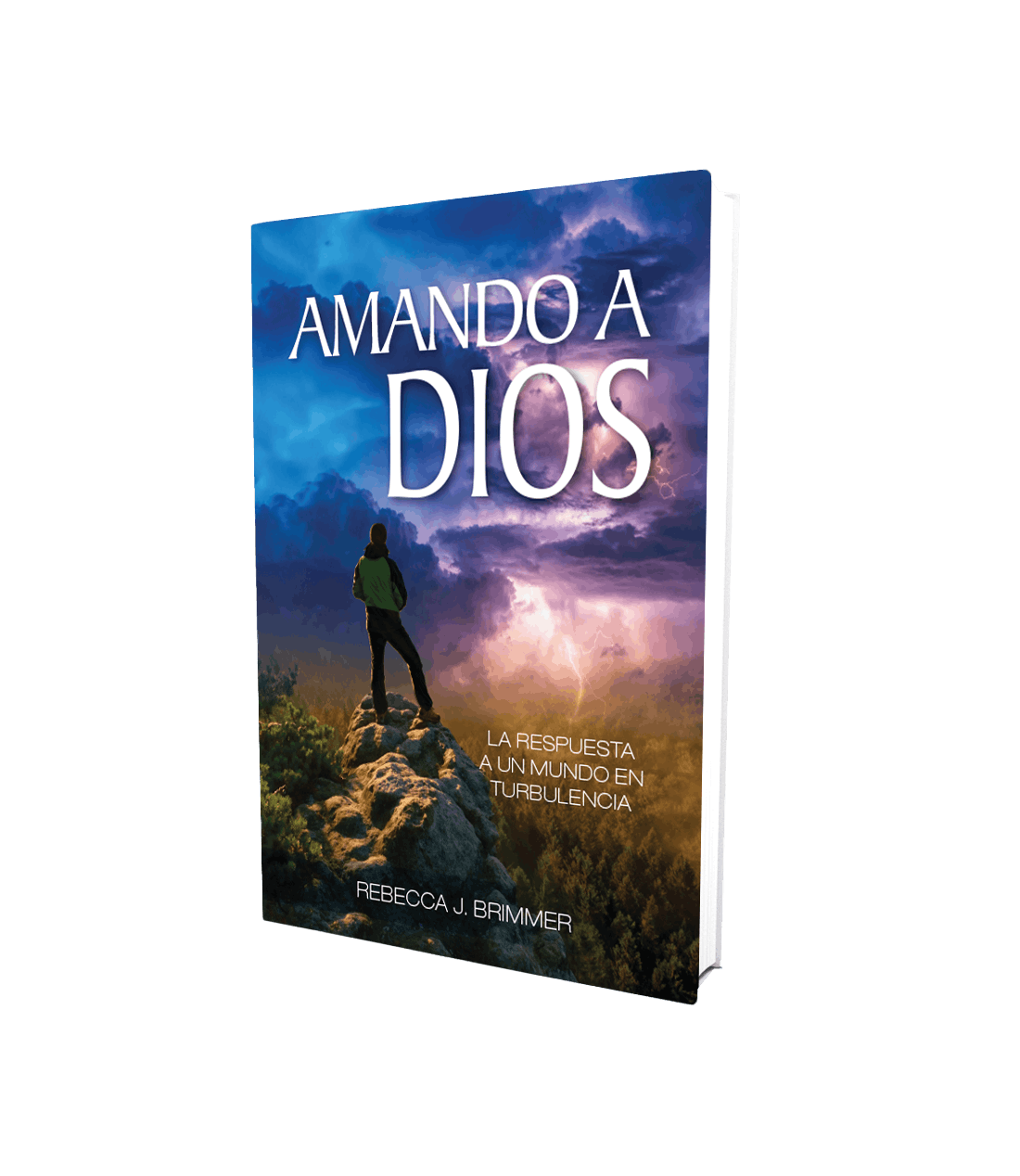Descubriendo el poder del salmo 103
Cuantas veces en la Biblia leemos que...

Salmo de David
Sabemos que este salmo es muy importante

Lest we think we are somehow above the mistakes that the Israelites made, consider how often we forget God and attribute His benefits to our own ingenuity. How easy it is for us to trust in our employer, our salary, our insurance policy, our retirement plan, our doctors…and on and on the list goes.
David understood the power of memory. “Forget not all His benefits” (Ps. 103:2), he said to his soul and with each remembrance of deliverance, his faith was strengthened. Knowing what God had done in the past gave him the courage and strength to carry on. It is the power of memory that will put gratitude in our hearts and praise on our lips.
The Power of Forgiveness
“Remember, He forgives ALL of our sins,” David told his soul (Ps. 103:3). His life was rife with mistakes, from the insignificant to the pinnacle of evil when he arranged the death of a fellow Israelite because of his lustful adulterous heart. Yet he reminded himself that no sin was beyond real repentance and real forgiveness. The New Testament carries a similar message. The Lord has the power to cleanse us from ALL unrighteousness, we are told in 1 John 1:9.

What an incredible thought…that the God of all Righteousness embraces our sin-laden hearts and washesthem whiter than snow! He is merciful, the psalmist says, gracious, abounding in loving-kindness and slow to anger, filled with patience. He remembers that He formed us from the dust of the earth and without Him we are doomed. And so, David says, He doesn’t deal with us as we deserve nor does He punish us according to our iniquities. As He forgives our sins, they are erased, never to be seen again.
The Hebrew word used for forgiveness in Psalm 103 comes from a root that means to take lightly, or to toss aside. It means to remove or to pardon. You may have seen a movie or two about the innocent man on death row about to be executed. At the last minute, the proof of his innocence is found and he is pardoned; the execution is canceled and he is set free.
When we read Psalm 103:3–4, we can almost hear David’s heart sing, “Our chains are gone,” as he shouts to his soul, “We’ve been set free!” And with that freedom comes remarkable power. It imparts the authority to stand against sin, to walk in righteousness, to be merciful as God is merciful and to forgive others as He has forgiven us.
Our Redeemer

David was also moved to remember the countless times that God had redeemed his life from destruction or in some translations, the pit. Here in verse four, the psalmist uses the verb ga’al which means to redeem, deliver or avenge, acting as a kinsman. The go’el, or kinsman-redeemer, was the person who, as the nearest relative of another, was charged with the duty of restoring that relative’s rights and avenging his wrongs. When go’el is used in the context of revenge for wrongful death, most translations of the Bible refer to him as an “avenger of blood.”
Vine’s Expository Dictionary puts it this way: “The kinsman-redeemer was responsible for preserving the integrity, life, property and family name of his close relative or for executing justice upon his murderer. Such a tradition was still widely practiced during David’s lifetime.”
There is disagreement among some Christian commentators as to whether David was speaking of actual physical death in verse four, or if he was referring to spiritual death, i.e. the pit of hell. Most Jewish commentators believe that the verse was actually written to indicate both.
God is our kinsman-redeemer, David says, redeeming our lives from destruction and crowning us with the glories of spiritual redemption as well. Throughout David’s life, he had repeatedly faced destruction on a physical level, but he was also no stranger to the fear of spiritual death as he cried out to God, “Do not take your Holy Spirit from me!” (Ps. 51:11). In every instance, his kinsman-redeemer proved faithful.
How astonishing to consider the God of the Universe as our nearest relative, closer than mother, father, sister, brother and even spouse; and even more amazing, to realize that He is bound by His own law to redeem the lives of those who are His! He has brought to bear the incomprehensible power that created all things in order to buy back His children from the grasp of enemies on every level.
The Power of Language
One of the most amazing and beautiful gifts God bestowed on humankind was the ability to speak. For centuries, scientists have studied that ability. Most now believe man is distinguished from his four-legged friends by the ability to communicate complex thoughts. Unlike the animal kingdom, language is the primary means by which humans exchange ideas. We teach and we learn from each other. And we argue about what is right and what is wrong.
According to Rabbi Jonathan Sacks, we use language to describe, communicate, categorize and explain. But we also use language in a different way—not to describe what is, but to commit ourselves to some form of behavior in the future. When a bride and groom pledge themselves to each other they are binding themselves to a future.
It is this use of language, Rabbi Sacks says, not to describe something already in existence but to create something that didn’t exist before, that links us to God. Just as He used words to bring the natural universe into being, we use language to create within our social universe, build relationships and change our thoughts and attitudes. Words have the power to create, the rabbi says, and that means words are holy.
Of course, we know the negative power of language as well. As much as we can build ourselves and others up by the words we choose, we can as easily bring destruction. Many are familiar with the story of the rabbi who instructed the man that had unjustly accused him to scatter the feathers of a pillow throughout their village. After doing so, the rabbi instructed him to go and pick up each of the feathers, an impossible task and a vivid example of the power of words. Once they are spoken, they cannot be erased, and whatever damage they have done is irreversible. Everywhere a feather landed, someone’s life was negatively impacted.
David understood the power of language. He knew it gave him the authority to direct his thoughts and change his attitude. It also brought with it the responsibility to speak with kindness, truthfulness and righteousness. The tongue needs taming and words are holy in that they have power to create, for good or ill. In Psalm 103, David gives us a beautiful example of how to use the power of language as God intended.
The Power of Praise
Psalm 103 begins with an exuberant exclamation of praise that encompasses David’s entire being. It is no coincidence that this enthusiastic outburst occurs as David remembers all that God has done for him. Gratitude fills his heart and he can respond with nothing but pure and passionate praise. Gratitude is what blessing is all about.
God cherishes our praises and through them, the power of praise enables us to bring light into darkness and put the enemy to flight; to refocus our attention from our problems to the One who is worthy of our praises; to refresh us when we are tired and strengthen us when we are weak and most of all, to bring us into His presence in intimate oneness.
A Psalm of Power
I have sometimes heard it said that we should praise the Lord for who He is and not for what He has done for us. That is a noble thought, but if we are thinking hebraically, we will realize that the two cannot be separated. To remember what He does is to remember who He is and vice versa. And that is the key that unlocks all the power of Psalm 103. As we remember what He has done for us, we are remembering who He is, the Holy One of Israel, God of mercy and grace. And as gratitude overwhelms us, we can but shout, “Bless the LORD O my soul, and all that is within me bless His holy name!”
Photo Credit: Click on photo to see credit
Bibliography
Feuer, Rabbi Avrohom and Scherman, Rabbi Nosson. Tehillim, the Book of Psalms. New York: Mesorah Publications Ltd, 1995.
Rozenberg Martin and Zlotowitz Bernard. The Book of Psalms, a New Translation and Commentary. New Jersey: Jason Aronson Inc, 1999.
The Best Australian Science Writing. Sydney NSW: University of NSW Press, 2014
Vine, W.E, Unger, Merill, White, William Jr. (eds). Vine’s Expository Dictionary of Biblical Words. New York: Thomas Nelson Publishers, 1985.
www.aish.com/jl/i/s/84939897.html
www.babbel.com/en/magazine/languages-and-color-the-connection-between-then-word-we-use-and-the-way-we-see-the-world
www.israelnationalnews.com/Artices/Article.aspx/144143
www.rabbisacks.orrg/keeping-word-matot-5776/
www.spurgeon.org/treasury/ps103.php
Recursos relacionados

Descubre tu propósito y el corazón de Dios para ti
En el mundo actual, dividido y turbulento, es esencial que la Iglesia redescubra el corazón de Dios. Nuestro libro electrónico gratuito, escrito por una experta con tres décadas de experiencia en Israel, profundiza en las enseñanzas de Jesús (Yeshúa) para revelar los principios del amor y propósito de Dios. Aprender cómo abrazar estas verdades impactará significativamente tu vida, incluso en medio del caos. Suscríbete para recibir este libro electrónico gratis (si al suscribirte, no recibes tu copia, escríbenos a intl.spanish@bridgesforpeace.com)





